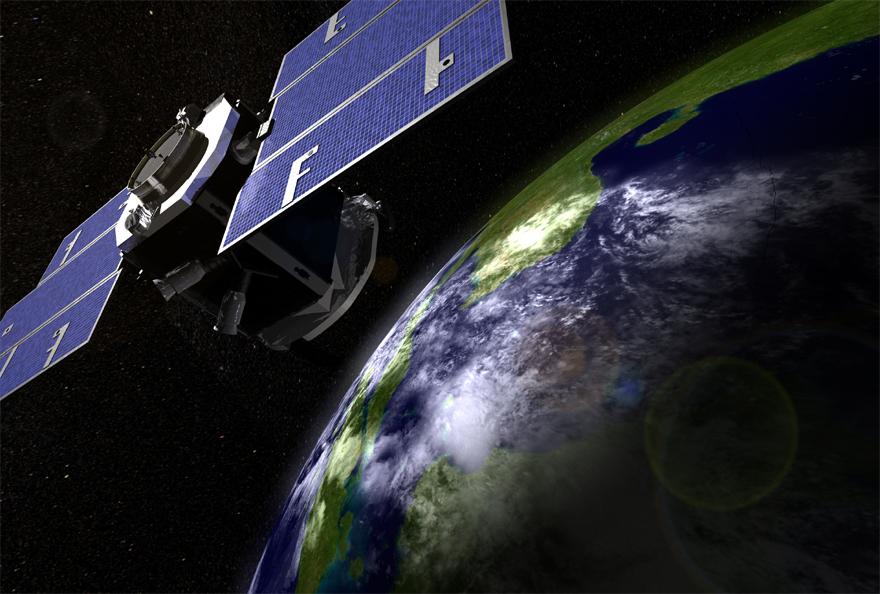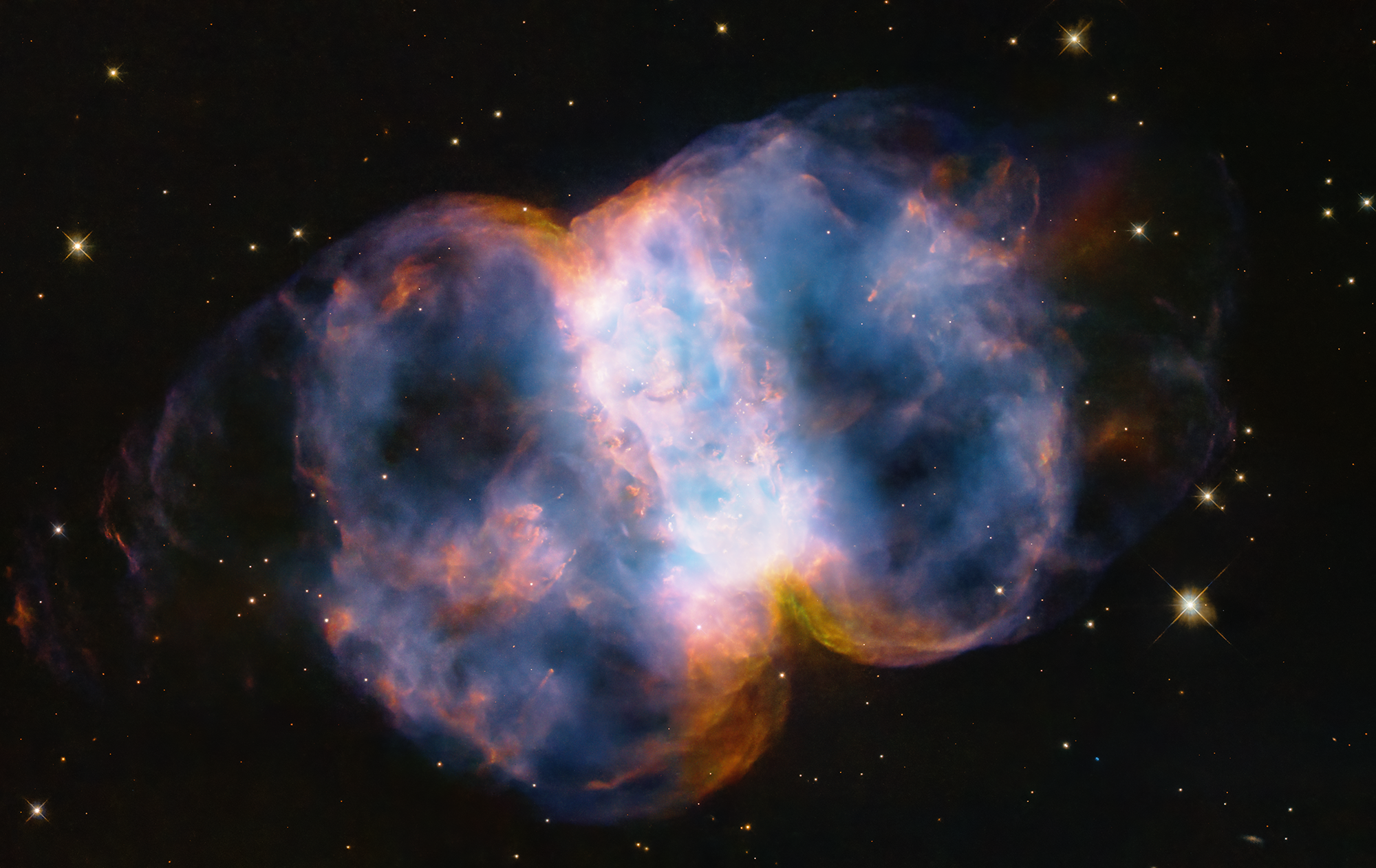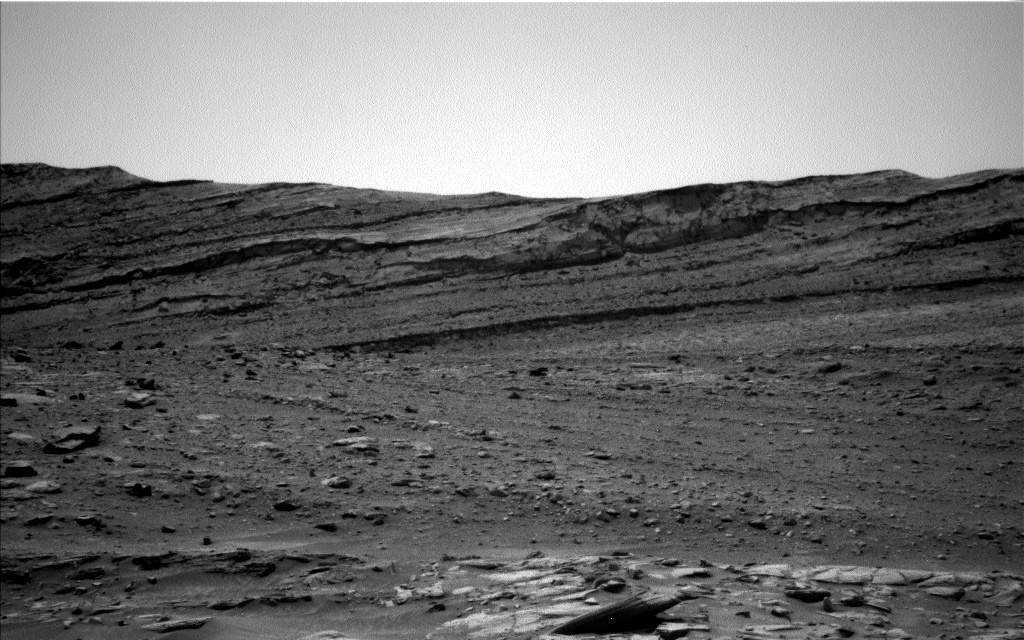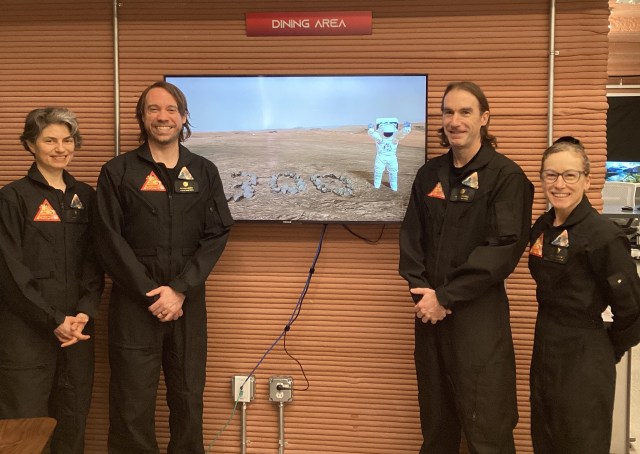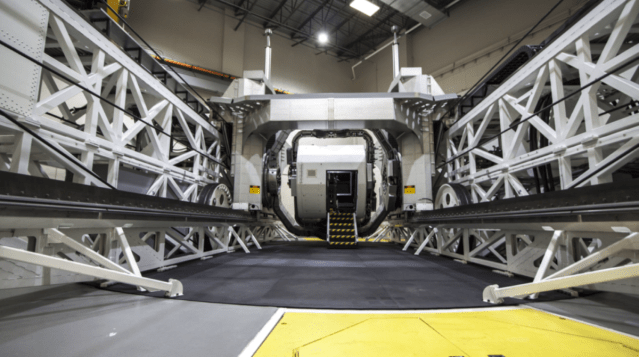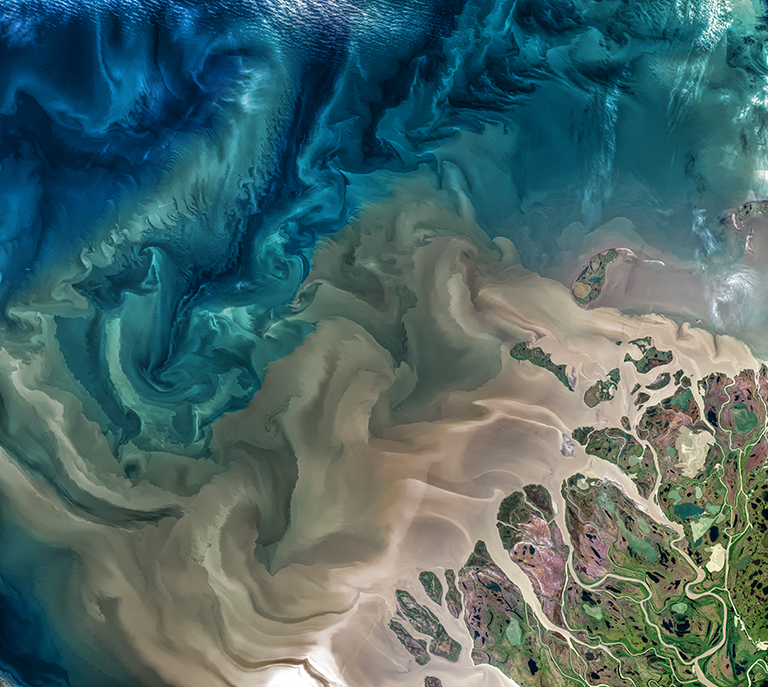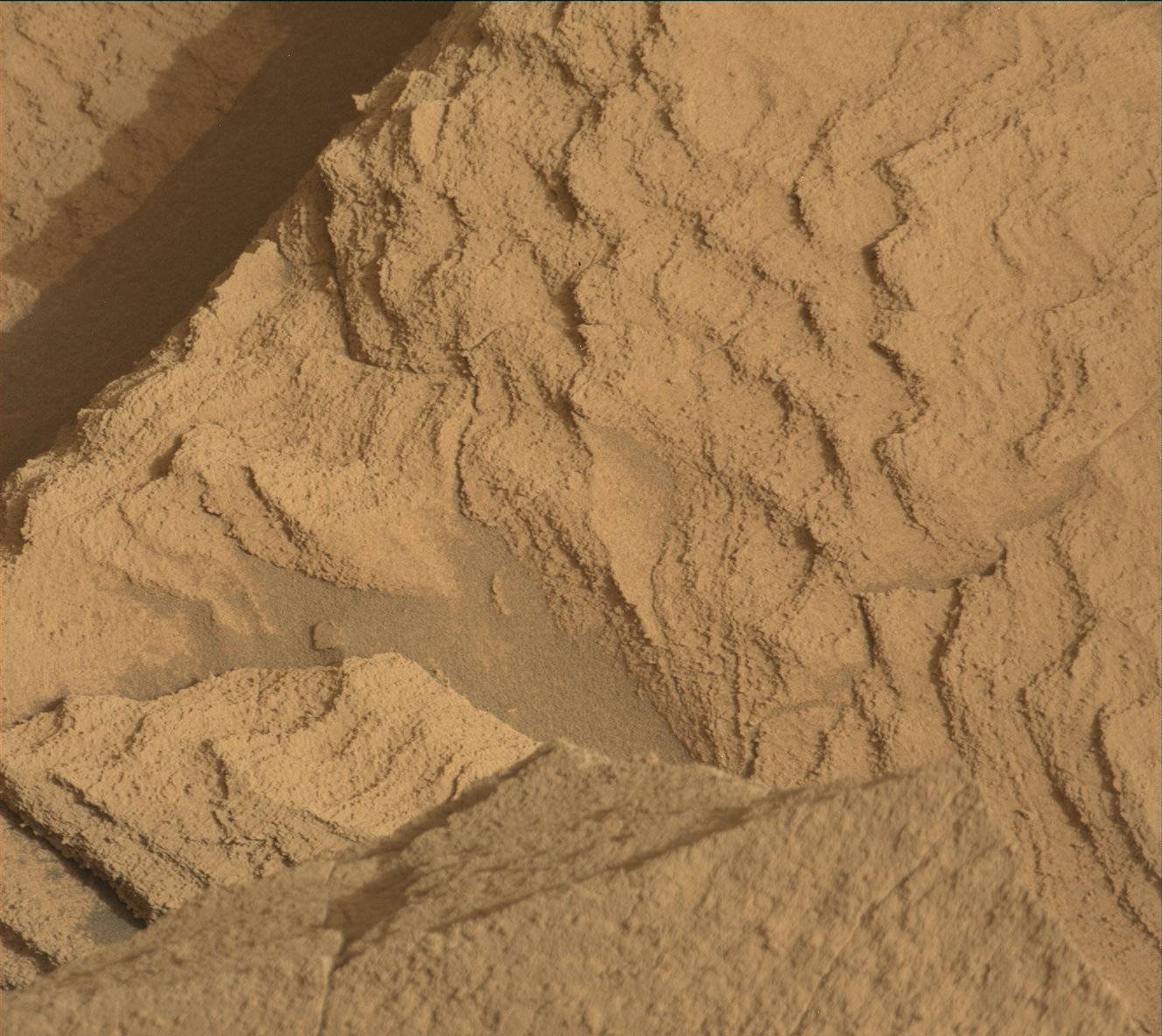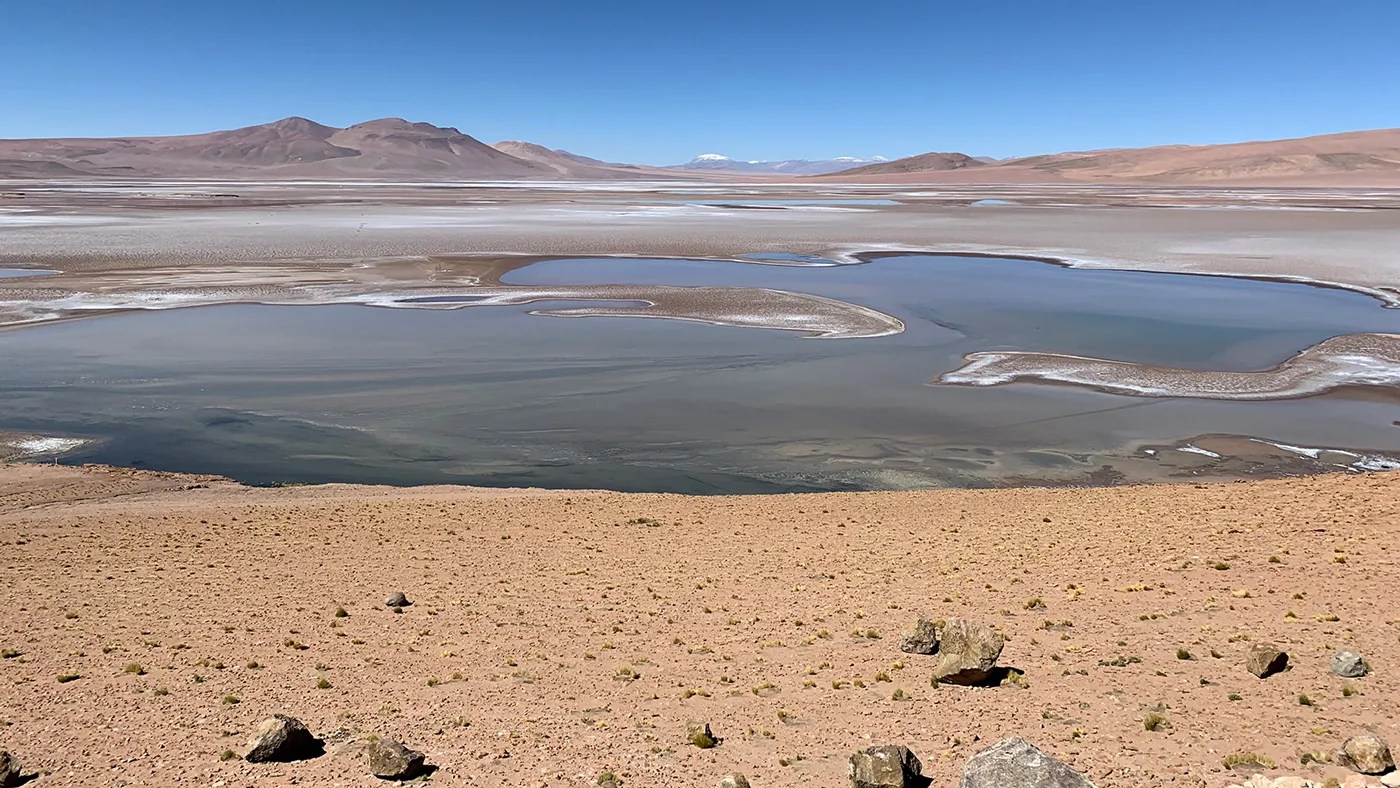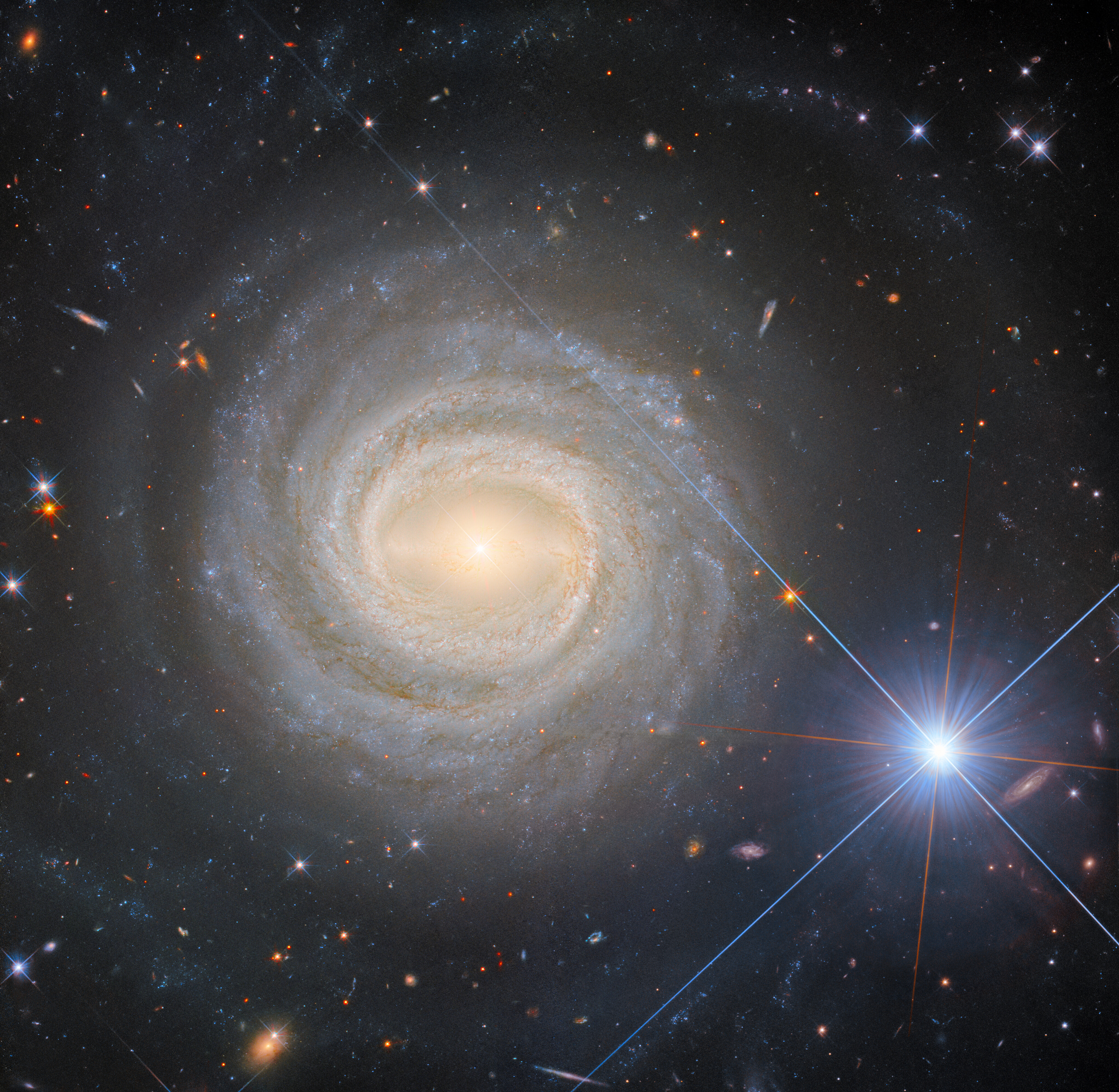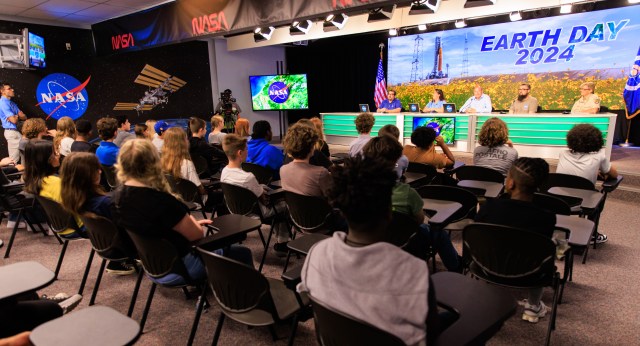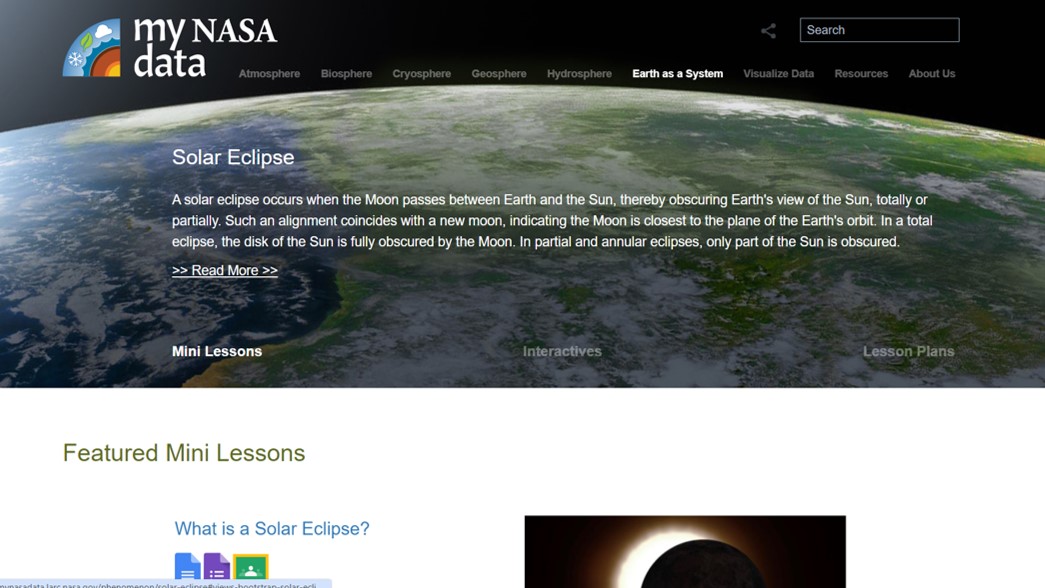NASA is hosting the 3rd annual RASC-AL Special Edition: Moon to Mars Ice and Prospecting Challenge at the agency’s Langley Research Center in Hampton, Virginia. Nine university teams will face the challenge of extracting water from ice buried beneath simulated Martian dirt/regolith as NASA explores how to effectively and efficiently use resources on the Moon and Mars.
News media are invited to cover the event June 5 from 9 to 11 a.m. Students, faculty and NASA subject matter experts will be available for interviews. Media should contact Kristyn Damadeo at 757-864-1090 or kristyn.damadeo@nasa.gov for access to Langley.
After landing humans on the Moon in 2024, NASA will establish a sustained human presence four years later. The Artemis program will require new capabilities, including technology to collect and purify water on the surface as well as extract oxygen from the lunar soil. Many of these technologies will have direct application to human missions to Mars. The technologies needed are so new that the student competitors have an opportunity to make meaningful contributions to NASA’s plans for extracting water on the Moon and Mars.
The nine teams participating in this challenge will work at simulated lunar/Martian ice stations set up in Langley’s research aircraft hangar. Each station will consist of layers of material and solid blocks of ice that students will drill into using equipment they designed and built.
The teams are from Carnegie Mellon University in Pittsburgh; Colorado School of Mines in Golden; Massachusetts Institute of Technology in Cambridge; Northeastern University in Boston; Stevens Institute of Technology in Hoboken, New Jersey; University of Houston; University of Tennessee, Knoxville; Virginia Polytechnic Institute and State University in Blacksburg, Virginia; and West Virginia University in Morgantown.
The event, a partnership between NASA and the National Institute of Aerospace in Hampton, Virginia, is called the RASC-AL (Revolutionary Aerospace Systems Concepts – Academic Linkages) Special Edition: Mars Ice Challenge.
For information about the challenge, go to:
http://specialedition.rascal.nianet.org/
For more information about NASA’s Moon to Mars exploration plans, visit:
-end-
Kristyn Damadeo
NASA Langley Research Center
Hampton, Virginia
757-864-1090
kristyn.damadeo@nasa.gov


